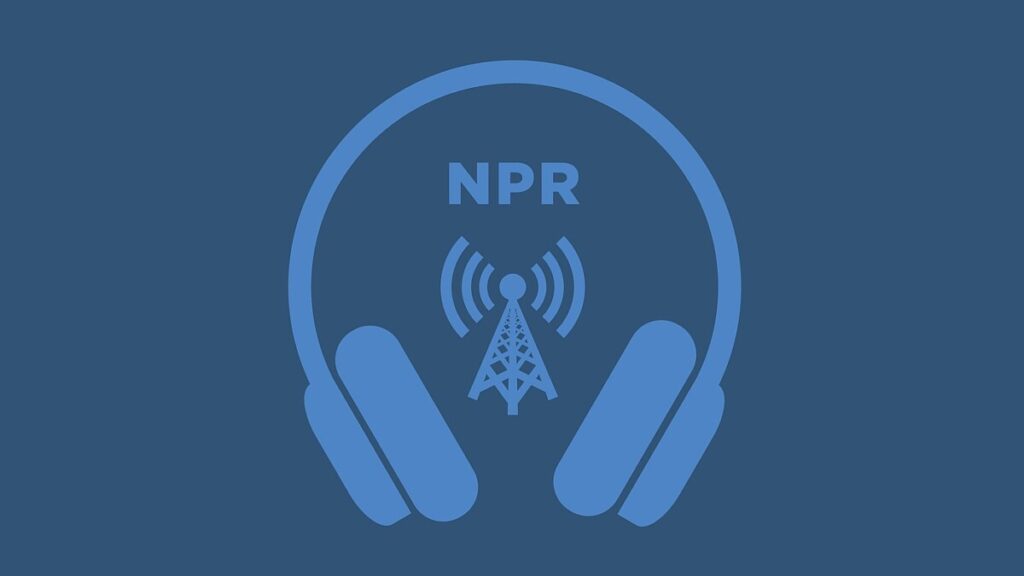Support for Israel among U.S. conservatives is starting to crack. Here’s why
For over a decade, conservative Christians have been among the most steadfast supporters of Israel, driven by a blend of religious beliefs and political alignment. This support has often been framed within a biblical context, with many evangelicals viewing the establishment of Israel as a fulfillment of prophecy. However, recent shifts in the political landscape, marked by rising isolationism and antisemitism, are beginning to alter this long-standing relationship. The once-unwavering backing from this demographic is now facing scrutiny and division, reflecting broader changes within American politics.
Isolationism has emerged as a significant force, particularly among younger conservatives who are increasingly skeptical of foreign interventions and military alliances. This shift has led to a questioning of the traditional support for Israel, with some factions within the Republican Party advocating for a more America-first approach that prioritizes domestic issues over foreign entanglements. Additionally, a disturbing rise in antisemitic sentiments, fueled by various social and political movements, has further complicated the landscape. Incidents of antisemitism have surged, leading to a chilling effect on open discussions about Israel and its policies. This has created a rift not only among conservatives but also within the broader evangelical community, as differing views on Israel’s role in global politics and its treatment of Palestinians come to the forefront.
Examples of this changing dynamic can be seen in recent political debates and social media discourse, where figures who once championed Israel are now facing backlash for their positions. The growing acceptance of isolationist rhetoric among influential conservative voices has raised concerns about the future of U.S.-Israel relations, as well as the implications for Jewish communities both in America and abroad. The evolving nature of support for Israel among conservative Christians highlights a critical juncture in American politics, where longstanding alliances are being tested by new ideologies and societal attitudes. As the conversation continues to evolve, it remains to be seen how these shifts will shape the future of U.S. foreign policy and its longstanding commitment to Israel.
For a decade, political support for Israel has come from conservative Christians. But now isolationism and antisemitism are changing the tone.
Eric
Eric is a seasoned journalist covering US Politics news.
